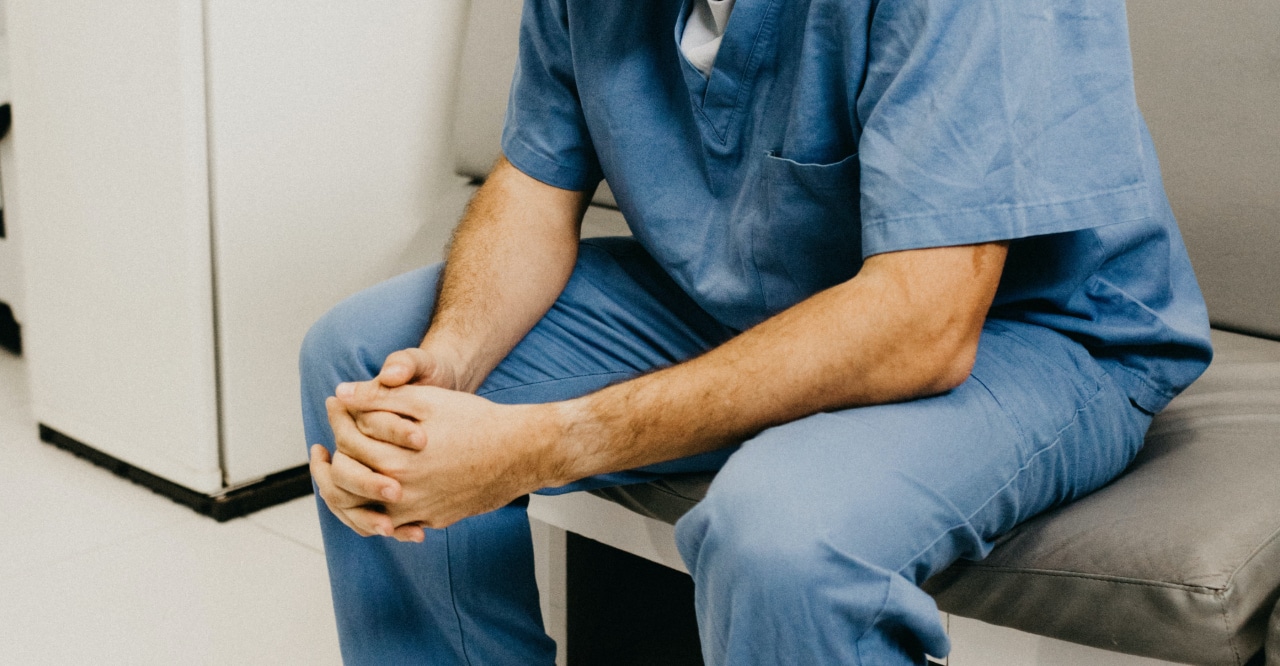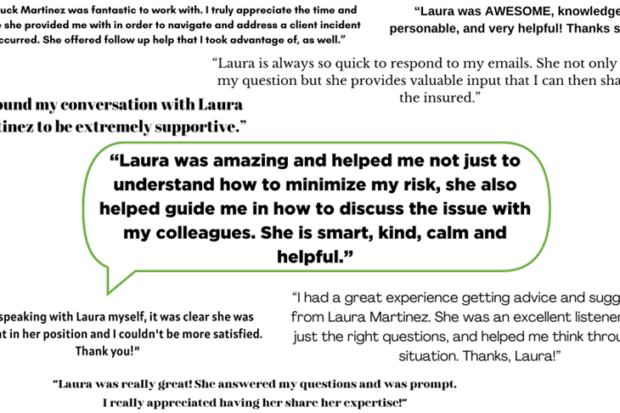Due to the nature of their jobs, healthcare professionals have always been uniquely vulnerable to many of the stressful events that can trigger a suicidal crisis. In particular, emergency doctors have historically been at risk of post-traumatic stress disorders, and the pandemic has only increased both the demands and pressure placed on healthcare professionals.
During the COVID-19 pandemic, there has been a significant spike in suicide rates, especially within the healthcare community. Recent studies of those working with COVID patients in China, Italy, and Canada showed increased rates of depression, insomnia, anxiety, and PTSD, all of which can negatively affect an individual’s mental health and possibly contribute to suicidal crises. Compounding these findings is a historic perception within the medical field of patient deaths as a failure, a culture which during an outbreak with such a high mortality rate could be debilitating for many in the field.
Now more than ever, it is vital that those working on the frontlines have not only mental health resources but also stay vigilant about looking for warning signs in their coworkers. Early research into the adverse physiological effects of COVID-19 on healthcare workers advises regular mental health screenings to evaluate stress, depression, and anxiety.
Precipitating Factors
Precipitating factors refer to stressful events or incidents that can trigger a suicidal crisis. For COVID-19, the precipitating factors are ones that affect everyone: uncertainty about the future, declines in the job market and economy, and a high mortality rate. Many researchers have pointed to the element of worldwide panic associated with COVID as a unique stressor that was not as prevalent in recent outbreaks, such as SARS in 2003.
Patients and healthcare workers alike have possibly lost family members, been fired from their jobs, struggled with isolation, or faced eviction or food insecurity. For those in the medical field, these events can increase strain during an already difficult time. During COVID-19, healthcare professionals have faced longer work hours, fear of spreading the virus to loved ones, stress over letting coworkers down and keeping up with the increased demands and losing more patients than usual in a short period of time. Coupled together, the negative impact of COVID-19 on healthcare workers is unsurprising and demands focus and action.
What to Look For
When looking out for coworkers and those in your life during this difficult time, keep an eye out for a variety of warning signs. They can include maladaptive thoughts or feelings, especially guilt, depression, anxiety, withdrawing from activities, isolating themselves, giving away prized possessions, aggression, fatigue, and loss of interest. For more information on warning signs of suicide, visit https://afsp.org/risk-factors-and-warning-signs.
How You Can Help
If you believe your coworker may feel depressed and possibly suicidal, talk to them about how they are feeling. Throughout your communication, remember to practice active listening and be non-judgemental in your responses. Demonstrating to the person that you are there to support them and open to listening is key to making them feel safe in your communications.
If you suspect that your patient feels depressed and possibly suicidal, talk with your patient about their mood. Make sure to consult with other professionals if you have had any doubt about your patient’s psychiatric stability or risk for suicide. It’s helpful to have a specialist in your corner who can advise you on suicide risk and who can work with you to ensure a safe and sound outcome for your patient and employees.
Resources
OmniSure recommends that organizations set up programs specifically to support the mental health of their employees, patients, and clients. Spotlight your Employee Assistance Program if you have one. Make time to check in on emotional and psychological well-being. Need ideas? OmniSure doesn’t offer a suicide hotline or give medical advice, but we can provide risk reduction advice, on-demand, and connect you to risk management specialists with expertise in suicide risk reduction strategies.
If you or someone you know is suicidal, call the National Suicide Prevention Lifeline (1-800-273-8255). Counselors are available 24 hours of the day. For more specific information and resources, visit https://suicidepreventionlifeline.org.



